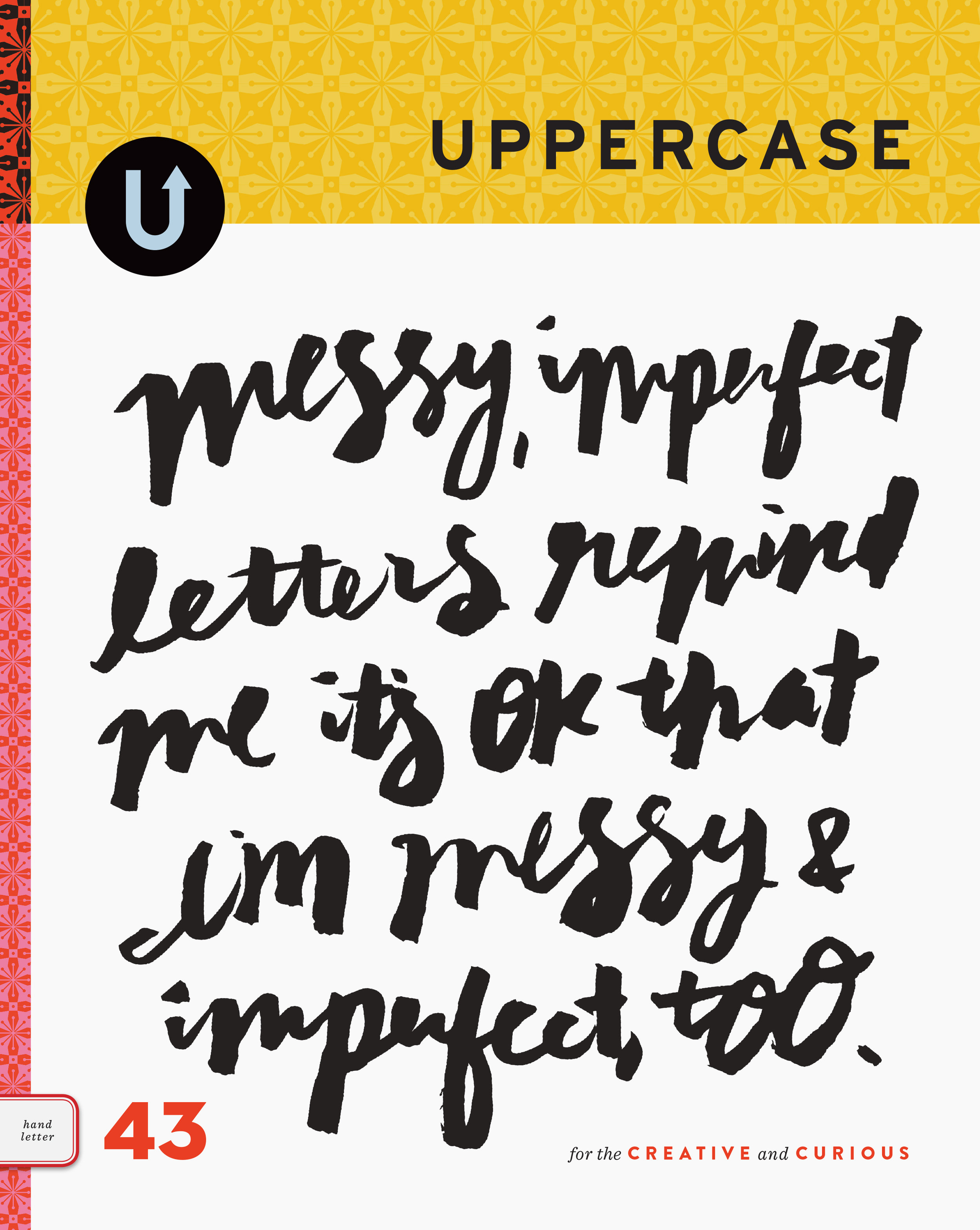girl friday
/On Fridays I will be sharing an image from my typewriter ephemera collection. Specifically those depicting the typist. Though men were initially common typists and office assistants, the job of secretary became stereotyped as a woman's role.
The name 'Friday' comes from the novel Robinson Crusoe published in 1719 "whose shipwrecked hero named the young native who became his faithful companion for the day of the week when he found him." (Dictionary.com) The name 'man Friday' was often used to refer to one's best servant or right-hand man. In 1940, a Cary Grant and Rosalind Russell motion picture entitled "His Girl Friday" came to theatres popularizing the reference 'Girl Friday'. Invariably, since women secretaries worked for men— and to refer to a woman as a girl is not acceptable*—the term is now outdated.
And yet, when studying the history of the typewriter, one cannot escape the sexism of the era in which the machine was invented and later popularized. Though the typewriter brought women into the workforce and contributed to emancipation, in many respects it later tied women to limiting roles.
For the purpose of these "girl friday" posts, I share these images with respect and admiration to the generations of women before us.
*In my first "real job" post-college, I had an older male boss who would often refer to me as 'girl'. Though I'm shy and soft-spoken by nature, I could not stand for this behaviour and I mustered my courage to correct him. "You may call me Janine or Ms Vangool," I remember saying, "but not girl." I got a raise. He slipped into his old ways a few times over the course of the next months, and each time I spoke up. By the end of those long nine months I stayed at the job, I had doubled my salary. But more importantly, I learned that just because I was shy, I still had confidence in my skills and self-worth. Since leaving that job some sixteen years ago, I've been my own boss ever since.





